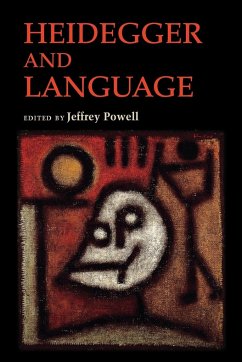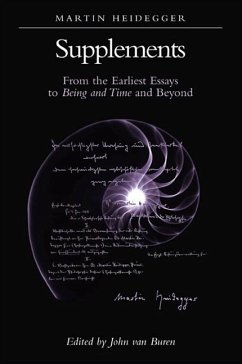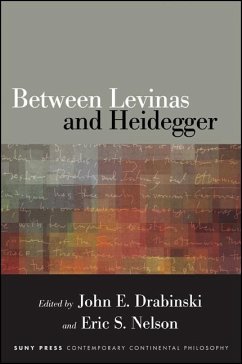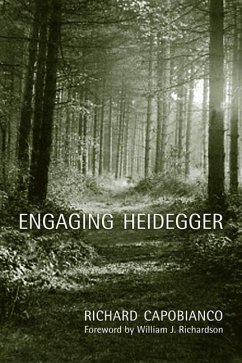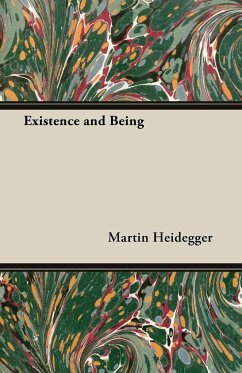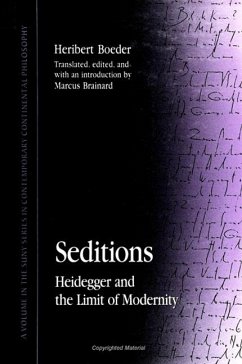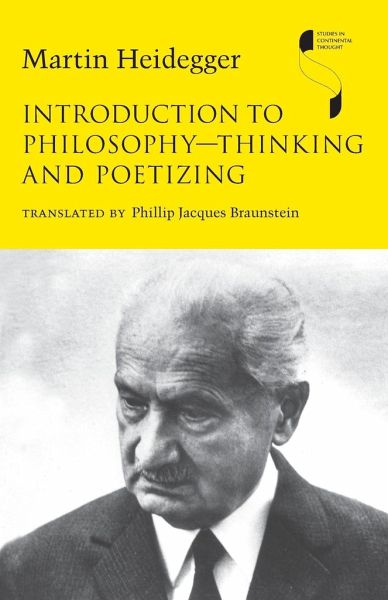
Martin Heidegger
Broschiertes Buch
Introduction to Philosophyathinking and Poetizing
Versandkostenfrei!
Versandfertig in über 4 Wochen

PAYBACK Punkte
9 °P sammeln!




Phillip Jacques Braunstein teaches in the philosophy department at Loyola Marymount University.
Martin Heidegger (1889-1976) was a German philosopher and one of the most important European thinkers of the twentieth century.
Produktdetails
- Indiana University Press (IPS)
- Verlag: Indiana University Press
- Seitenzahl: 96
- Erscheinungstermin: 1. Oktober 2016
- Englisch
- Abmessung: 216mm x 140mm x 5mm
- Gewicht: 133g
- ISBN-13: 9780253023803
- ISBN-10: 0253023807
- Artikelnr.: 44750304
Herstellerkennzeichnung
Libri GmbH
Europaallee 1
36244 Bad Hersfeld
gpsr@libri.de
Für dieses Produkt wurde noch keine Bewertung abgegeben. Wir würden uns sehr freuen, wenn du die erste Bewertung schreibst!
Eine Bewertung schreiben
Eine Bewertung schreiben
Andere Kunden interessierten sich für



